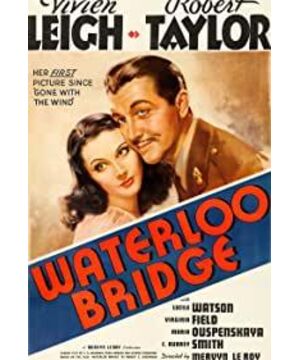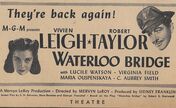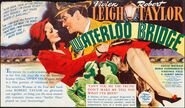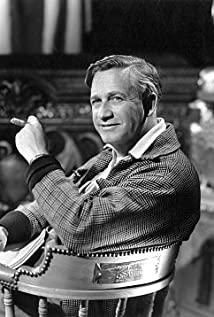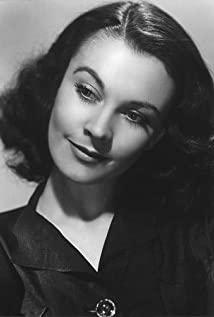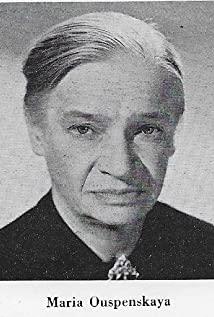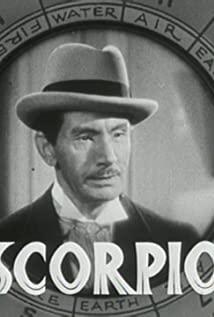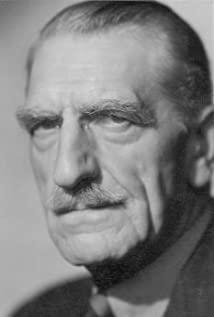However, "Soul Broken Blue Bridge" not only did not receive the attention of the audience and critics when it was first made into a movie in 1931, but even in 1940, the American MGM film company invited the filmmaker who had just finished filming "Gone with the Wind". Starring Vivien Leigh, the second version of Mervyn LeRoy's remake by the famous director Melvyn LeRoy, who has directed "A Dream Revisited" and "Hibiscus Out of Water", did not cause much repercussions when it was released in the United States. At the 13th Academy Awards, it won only two nominations but did not win. In the nominations for best black and white film, "Blood Bridge" lost to Kirk's "Butterfly Dream" in the West End, and in the best original music and song In the award, the now widely sung "Friendship Is Everlasting" lost to the "Star Blessing Song" of "Pinocchio".
For this film, which is regarded as a supreme love classic by fans in China and Japan, it seems that she was not treated well in her birthplace, due to the euphemism and subtlety of the theme in the film. Kai Da He's concept of love runs counter to the idea of love, but is more in line with oriental moral values and aesthetic tastes. Therefore, in Asia, the film has received far more praise than the United States, and even influenced American film critics to later list it before the end of the last century. One of the top 100 American films that has never been selected.
The classic of "Soul Broken Blue Bridge" is not only that the film depicts a beautiful and sad love swan song, but also that the film accuses the war's cruelty to life, fate and the destruction of human nature. The background of the film is from the beginning of World War I until the end of World War II when the male protagonist is ordered to take part in World War II. The original English name of "Blue Bridge" is "Waterloo Bridge". Napoleon of France was defeated in the Battle of Waterloo Bridge and ended his political career. In the film, the hero and heroine met on the bridge named after Waterloo, which not only implied that With the tragic ending of the two, and with the war background of the film and the ending of the heroine's final death in a car accident on Waterloo Bridge, the tragic ending of the heroine is the biggest indictment of the war. Lu Xun once said: Tragedy is the destruction of beautiful things for others to see. The war not only destroyed the lives of countless people, but also destroyed the confidence of countless people's lives. If there is no war, if it is in a peaceful era, the hero and heroine in the film believe that they will grow old together and live a happy life. Therefore, this film is obviously divided into two different styles before and after the war. The first half is cheerful and humorous, making the Both the audience and the hero and heroine are immersed in the joy of love. In the second half of the war, the development of the plot is depressing and heavy, and the end is even more tragic. Although there is no war scene in the whole movie, the indictment of the war is worth a thousand words.
The film starts in black and white. The colonel played by Robert Taylor reminisces about the past on Waterloo Bridge. The war comes again, and fate will end in black and white. Who knows how many happy lovers will be separated this time? At this unforgettable moment, only black and white movies can exude such charm. At the end of the song, people are scattered, and the monument of love is engraved with the deep affection that a simple marriage cannot bear.
Sunday, October 22, 2006
View more about Waterloo Bridge reviews


